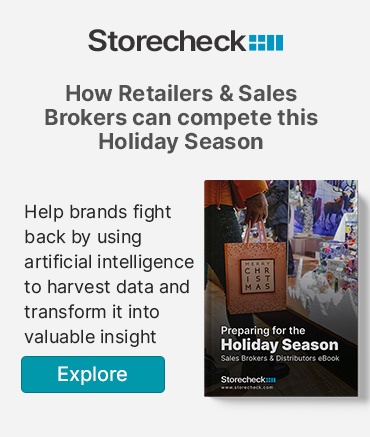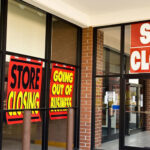Impacts of the COVID-19 global pandemic have affected just about every aspect of our lives, turning everything that we’ve always known upside down. For retailers and consumer packaged goods companies, the challenges have also shown up in just about every way, though most noticeably with respect to shifts in consumer behaviour. And, according to most industry analysts and onlookers, the shifts caused by the pandemic may be lasting, requiring companies to rethink their use of data management and analytics in order to remain competitive.
It’s been suggested that the post-COVID consumer will be driven to a large extent by convenience, availability and affordability, their loyalty no longer something that brands can count on. To provide consumers with the experience they crave going forward, connecting them with the product at the shelf or online, the power to capture retail execution and monitoring data and predict outcomes will become more important than ever.
Informed strategy and better results
Store closures and supply chain disruptions have caused changes to consumer behaviour around the world in 2020. In a recent McKinsey & Company survey, 75% of consumers in the U.S. and China reported trying a new retailer or brand — driven by product value, availability and quality — and at least 65% intend to continue their adopted behaviour.
Leveraging retail data solutions like Storecheck’s suite of business intelligence solutions provides its users with market research and insights into ever-evolving consumer behaviour, pre-empt their competition, identify opportunities and get ahead of trends before competitors. What’s more, the centralization of all the data that’s generated and disseminated is shared across the business, creating transparency and equipping teams with the same intelligence to inform strategy and support concerted, collective and consistent efforts toward the same goal.
The impacts of COVID-19 continue to disrupt the ways in which we live our lives and operate our businesses. But we’ll soon emerge from the restrictions and restraints that have been placed on us in 2020. And when we do, the power of retail data harmonization and predictive analytics can help businesses achieve greater success than they ever could have thought possible under the fog of COVID.










